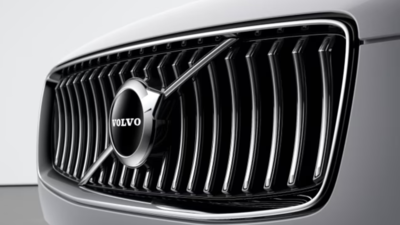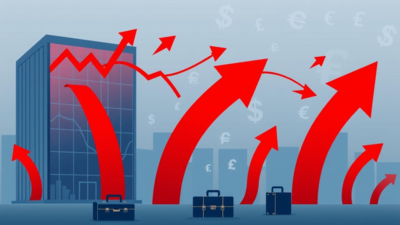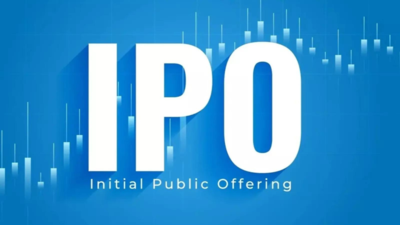Volvo India’s gear shift: Changes EV-only plan; ICE models to stay amid slow uptake | India Business News

Volvo Cars India has revised its earlier strategy of transitioning to an all-electric portfolio, opting instead to continue selling both electric and internal combustion engine (ICE) vehicles in the country. Electric vehicles currently account for around 25% of Volvo’s sales in India. However, the market for premium battery electric vehicles (BEVs) remains small, although the company notes signs of recovery in the last six months following a slump a year ago. The decision comes after companies’ previous claims to phase out ICE models entirely.Volvo Cars India, managing director Jyoti Malhotra, speaking to Economic Times, said “The adoption rate (of electric vehicles) is different in different countries. And even within the country (in India), it’s different across states.” “We will continue to drive in electric cars and have a launch lined up later this year itself. But at the same time, we will continue to focus on ICE,” he added.Volvo had announced plans to go fully electric by 2030 globally, but the timelines have now been extended. “About a year back, EVs had started losing steam. We are seeing some uptick in the segment in the last six months. But customer needs are different across regions,” said Malhotra.He pointed out that state policies and infrastructure play a pivotal role in EV adoption. States like Kerala, Maharashtra, and Delhi have favourable tax regimes and more low-rise housing, are seeing better uptake, compared to cities dominated by high-rises, where home charging is a challenge.India currently levies a Goods and Services Tax (GST) of 5% on EVs, while hybrids attract a much steeper 43%. Volvo offers plug-in hybrids in international markets, but Malhotra clarified that Indian launches would depend on more favourable tax regime.The company is preparing to introduce a new electric model later this year but will simultaneously retain focus on ICE vehicles to cater to diverse market needs.Volvo’s shift aligns with similar moves by global peers such as Jaguar Land Rover and Mercedes-Benz, who are reassessing their timelines for a fully electric portfolio amid similar market realities.Industry data shows that around 22,900 luxury vehicles were sold in the first half of 2025, marking a modest 1.8% increase year-on-year.He also welcomed India’s ongoing negotiations around Free Trade Agreements (FTAs), noting their potential to boost the auto sector. “The UK FTA has set a benchmark. While the one with the EU is still some time away, free trade agreements are good for the economy,” he said.






